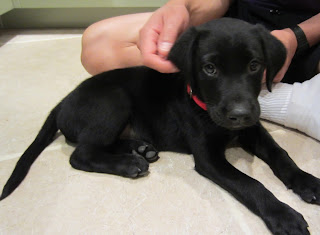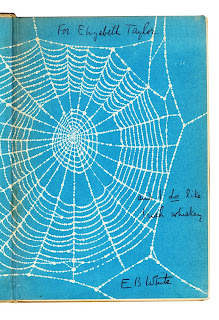Next week I am participating in a session at the Henley Literary Festival on ebooks and self-publishing - the prospect of which has sparked some navel-gazing. Coincidentally, I also happened upon a feature by Jonathan Franzen in The Guardian which takes a swipe at Amazon and self-publishing, in the midst of a complex argument about the perils of modernity. Here is an extract:
"Amazon wants a world in which books are either self-published or published by Amazon itself, with readers dependent on Amazon reviews in choosing books, and with authors responsible for their own promotion. The work of yakkers and tweeters and braggers, and of course people with the money to pay someone to churn out hundreds of five-star reviews for them, will flourish in that world."
Only available as an ebook on Amazon








